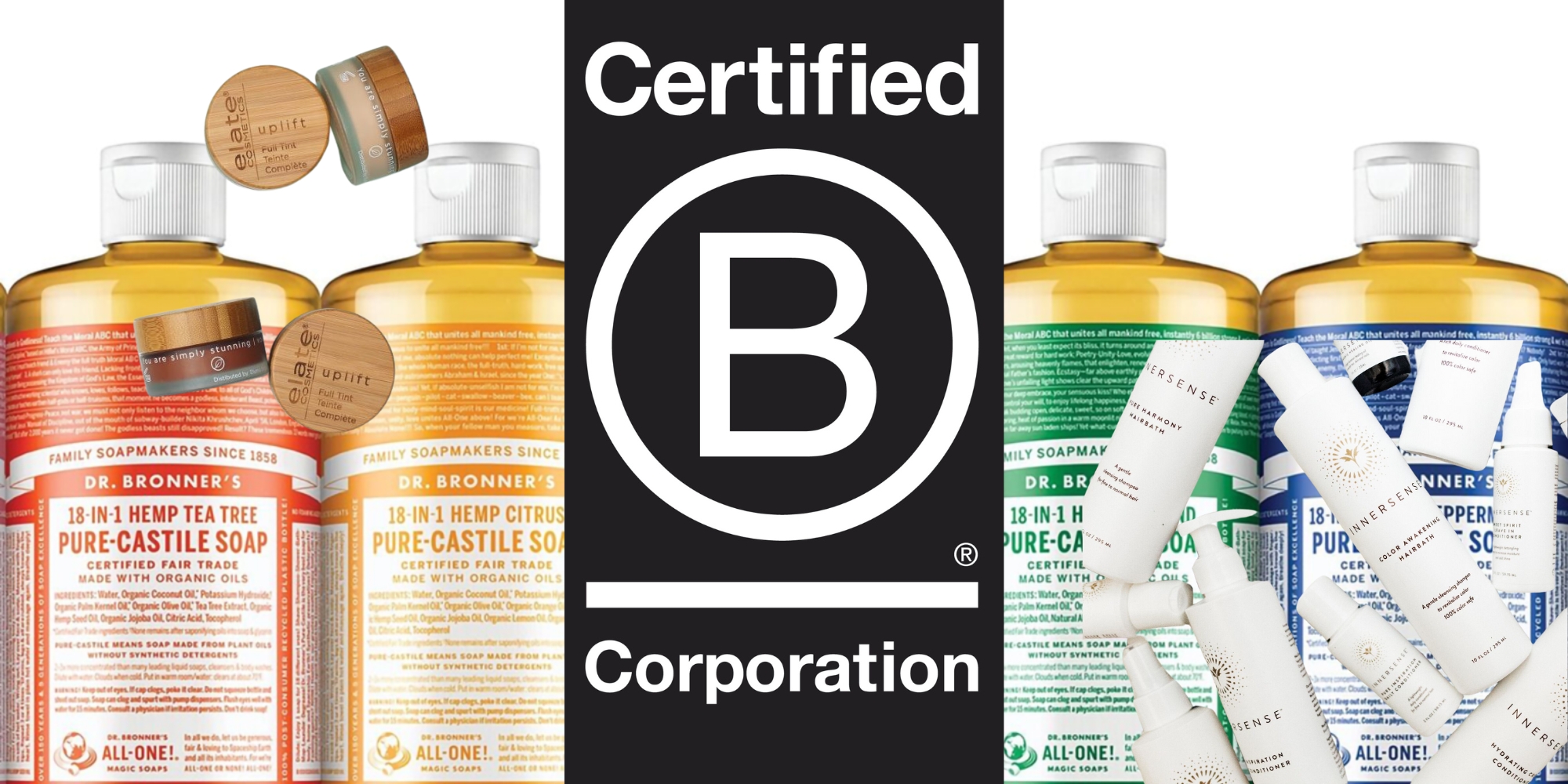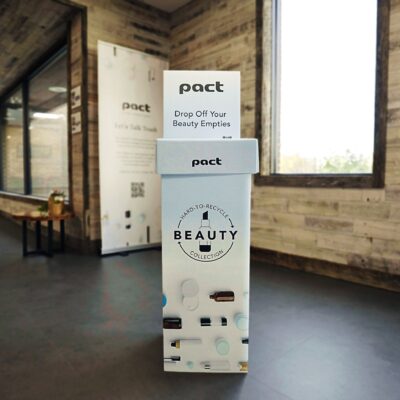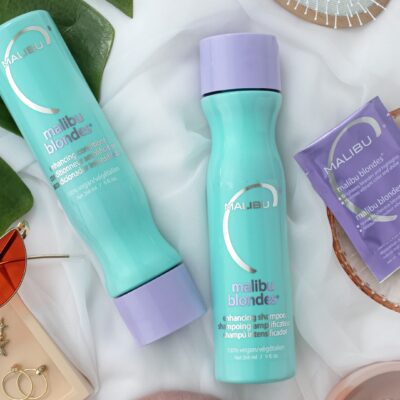
Facing Criticism, B Lab Unveils Stronger B Corp Certification Standards
Facing criticism that its certification process didn’t adequately account for the global impacts of multinational corporations, B Lab, the nonprofit behind the B Corp movement encouraging businesses to be forces for good, has updated its standards to provide a clearer pathway to certification and increase the rigor of performance requirements.
Revealed in April, the new certification standards, which have been revised seven times, have eliminated a point system that had been in place since 2007 and required brands to score at least 80 points out of 200 across several categories, including human rights, climate action and fair work, but allowed for over-performance in one category to compensate for poor performance in another, in favor of minimum requirements across seven categories. There are increased performance expectations for supporting the environment and biodiversity, reducing emissions, and cultivating positive, diverse workplaces and jobs. B Corp-certified companies have to demonstrate improvement over time, reaching milestones after three and five years.
In an FAQ section on its website, B Lab explains, “By moving away from individual point scoring, the focus shifts to collective impact—aligning efforts across industries to tackle the world’s most urgent challenges, together. However, we recognize the importance of creating standards that are both motivating and engaging. B Lab remains committed to exploring ways to recognize strong impact performance, foster shared learning, and encourage continuous improvement. We will continue to keep the community informed and engaged as this work evolves.”
B Lab expounds, “B Lab’s standards are not changing to accommodate large companies; the new standards introduce more rigorous performance requirements, which are applied to all B Corps. Larger companies generally have to answer more (and more difficult) questions and meet higher requirements.”
In a statement, Clay Brown, co-lead executive of B Lab Global, says, “At a time when other leaders are stepping back, business must drive progress. This isn’t merely an update; it’s a complete reimagining of business impact to respond to the challenges of our time. B Lab’s new standards can serve as a roadmap for leadership on social and environmental issues when needed most.”

The new standards haven’t resolved the objections of personal care brand and B Corp-certified company Dr. Bronner’s, which has been a vocal critic of B Lab since 2022. The brand argues that B Corp certification doesn’t fully account for the global footprints of large companies’ operations. It’s letting its B Corp certification lapse when it expires in September, and it’s begun removing the B Corp logo from its branding and marketing materials.
In a statement, Dr. Bronner’s says, “Dr. Bronner’s believes B Lab has failed to fulfill its promise to implement new standards to prevent the dilution of the B Corp mission and protect the certification from being used by companies who seek to use B Corp for marketing purposes to portray themselves as more ethical than they are in practice.”
Dr. Bronner’s has introduced Purpose Pledge, a consortium of companies adhering to 10 commitments encompassing product quality, inclusion, circularity, community engagement, living wages and more. So far, there are 20 pilot companies in the program. Among them are Fat and the Moon, MUD\WTR, Mountain Rose Herbs, Gaia Herbs, Big Bold Health and Just Ice Tea.
“There’s a very real concern that these new standards, while well-intentioned, could further skew the system in favor of larger companies.”
There are almost 10,000 B Corp-certified companies in over 100 countries and 160 industries that employ nearly 1 million people, including hundreds of beauty and personal care brands big and small such as Aesop, Sunday Riley, Davines, L’Occitane en Provence, Alima Pure, Innersense Organic Beauty, Ursa Major and Eluma Beauty Inc., owner of Elate Beauty and Foster Skincare. Calling the revised standards more holistic and authentic, Melodie Reynolds, founder and executive director of Eluma Beauty, believes B Corp’s revised standards are necessary, but could be difficult for emerging independent brands.
“The original framework helped set a much-needed baseline for businesses trying to do better, but as the world—and the challenges we face—have evolved, so too should the expectations of companies that carry the B Corp badge,” she says. “These new standards raise the bar in a way that reflects the urgency of the moment, especially around climate action, equity and accountability.”
She adds, “Transparency, governance and worker impact metrics require time, tools and often team members we just don’t have. There’s a very real concern that these new standards, while well-intentioned, could further skew the system in favor of larger companies that have the budgets and infrastructure to adapt quickly. Independent brands like mine often lead with purpose, but we don’t have a legal department or sustainability officer to help us navigate the nuance. My hope is that B Lab continues to offer meaningful support and resources for smaller brands, so we’re not pushed out of a movement we helped build.”




